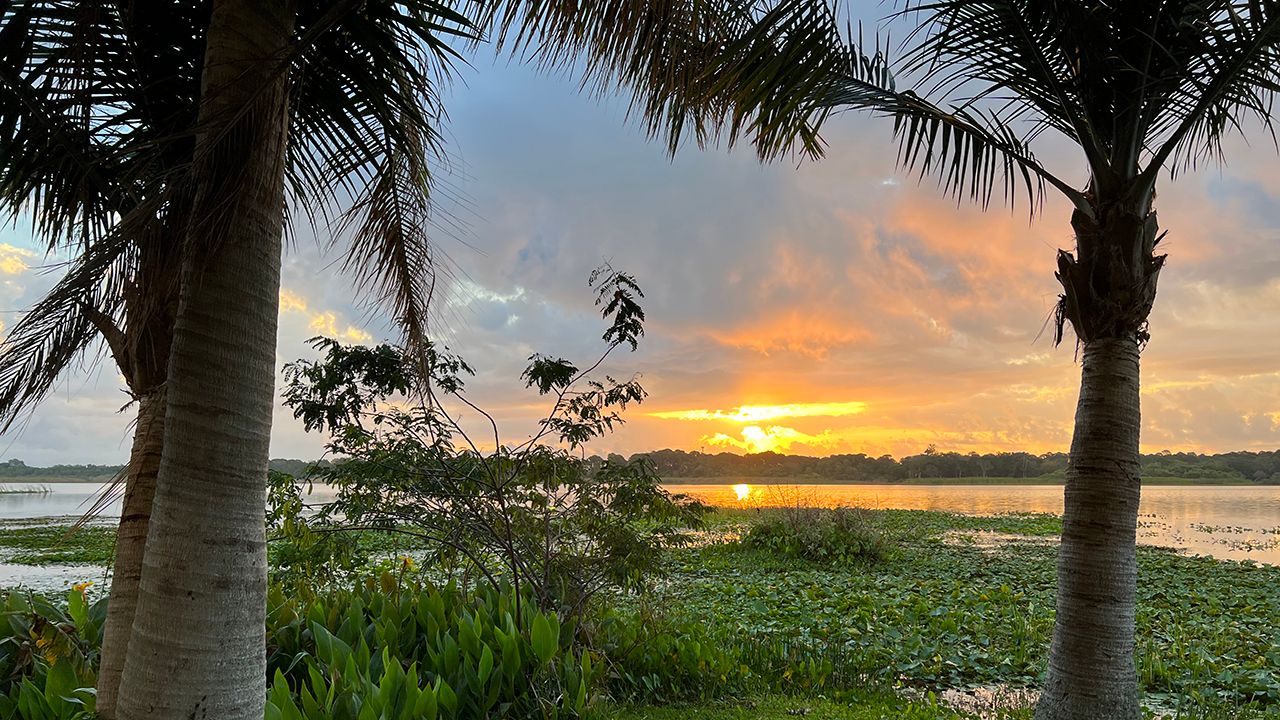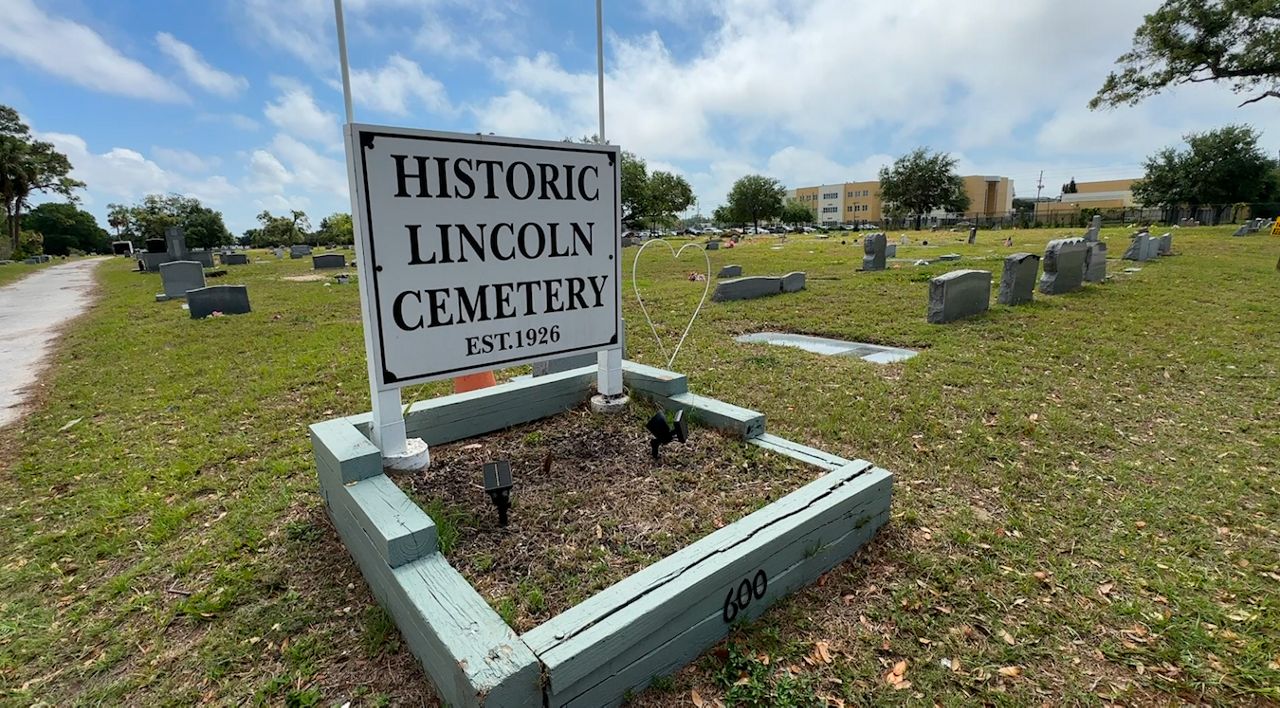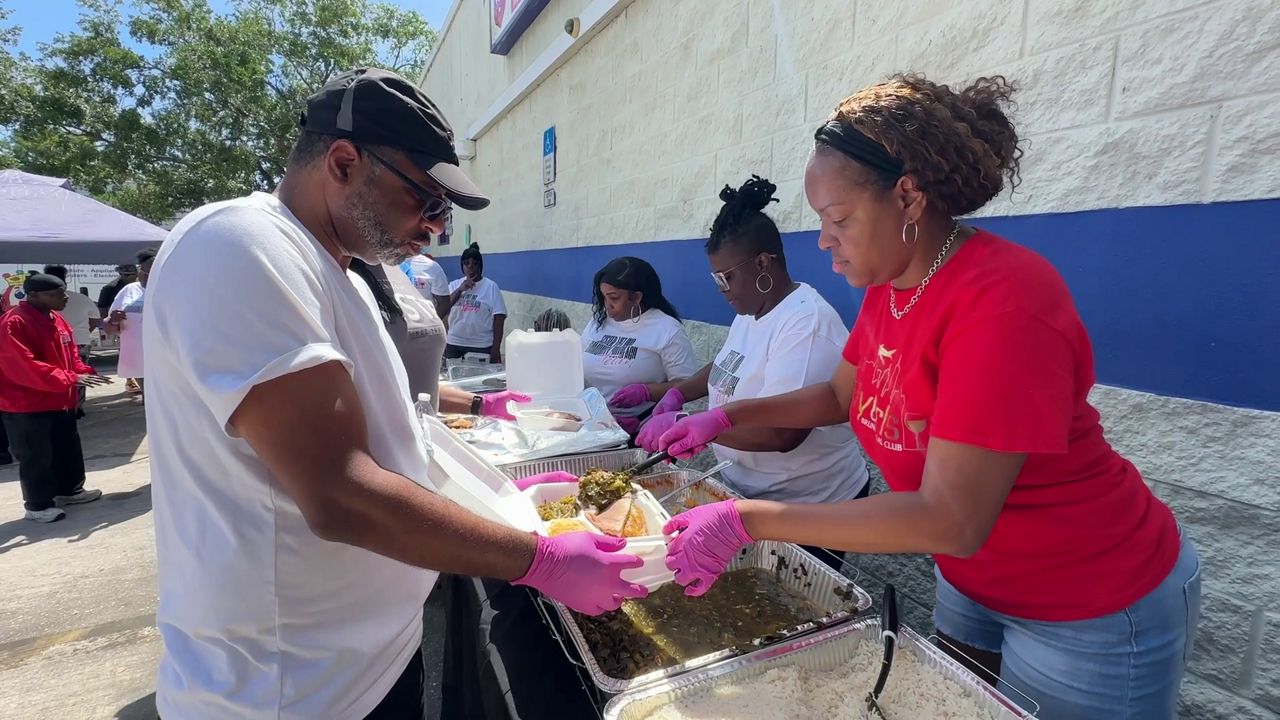TAMPA, Fla. — How many people can say they met former President Jimmy Carter not once, or twice, but five different times?
If you’re in politics, or you live in the small Georgia town where he grew up, you probably can. But if you’re an anthropologist and University of South Florida professor who researched his hometown and his final resting place, you can add your name to that list too.
Anthropologist Antoinette Jackson has had the chances of at least five lifetimes.
“I started calling my parents and everybody saying I’m going to interview President Carter, and then I get there and I can hear him coming down the hall,” she said. “They said if he doesn’t like the interview, or it’s not going well, you only have five minutes.”
Luckily for her, it did go well.
Jackson first met Carter in 2010 while her team was researching Archery, Ga., where Carter grew up.
Archery was and is a historically African American town where he grew up.
Dr. Jackson and her team of USF anthropologists and students conducted an ethnohistorical study there.
The boyhood farm where Carter’s family grew up in is in Archery, so the National Park Service wanted a study of that and a history of that community, because little work had been done on the topic previously.
In a video recorded for their study, Jackson presented their findings to Carter. Jackson said he was impressed by what her team was able to uncover.
“He was looking at the names of the people that we had documented as being buried in the cemetery, and it started bringing back memories of who he knew when he was growing up,” she said.
Her other task was getting to the heart of the community that shaped a president.
What she found was love.
“He’s totally beloved all across the board in Archery,” Jackson said.
After her first sit-down meeting with him, Jackson says she understood the appeal of the man many in town just referred to as "Jimmy" or "Mr. Jimmy."
“After the interview, I sent him a formal letter thanking him for the time he spent with myself and my team during the interview. And so, this is a copy of the letter I sent him in August. Once he received the letter, he sent me a note back on the letter — a handwritten note,” Jackson said.
A note she’s proudly framed and put on display.
“The letter reads, 'To Antoinette, thanks for this letter and your good work. Best wishes, Jimmy Carter,'” she said.
That personal touch may have helped write her team into President Carter’s final chapter.
Jackson went back to Georgia a couple of years ago to see the National Park Service prepare to turn Carter’s home in Plains, Ga., just outside of Archery, into a national park.
“It was a very humbling and daunting and powerful experience,” she said. “To know we’re a part of that, helping him to tell the story that he wants to tell about his family and his home and his community.”
A home that will now be his final resting place. A home, Jackson says, is fit for a president.











